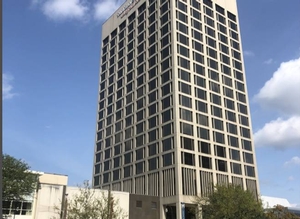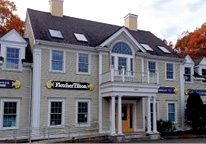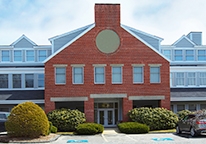Know Your Collateral: Unique Risks in Lending to Condominium Projects
By Adam C. Ponte on July 18, 2019When a real estate developer seeks financing from a lender in connection with a construction project, it is common for the lender to receive a mortgage from the developer on the property to be developed. This mortgage, along with the associated loan agreement and promissory note, constitutes security for the money loaned to the developer. The lender, if necessary, would foreclose on the property if the developer failed to satisfy its repayment obligations to the lender. This scenario is well-known to many construction professionals and banks.
What is often not known is the unique risk that lenders may take on when lending money to developers seeking to construct a condominium. That is, a lender’s perceived security on a condominium construction project may actually not be in the land itself, but, instead, only in the developer’s “development” or “phasing” rights. This may be so even if the lender received a mortgage on the “land” on which the condominium is being built.
I. MASSACHUSETTS LAW PROVIDES SPECIFIC RULES CONCERNING CONDOMINIUMS.
Massachusetts law formally recognized condominiums in 1963 when the legislature enacted M.G.L. c. 183A. Stated simply, a condominium essentially consists of individually owned dwellings, together with an undivided interest in the other “common areas” of the land on which the condominium is built. M.G.L. c. 183A, §§ 3 and 5. Each condominium unit owner owns his or her own dwelling, but also owns a percentage of the entire common area.
In order for a property to be considered a condominium, it must be “submitted” to condominium status under M.G.L. c. 183A. To do this, the project owner, such as the developer, must prepare and record a “master deed,” which outlines a number of rules, rights, and obligations with respect to the condominium property. This includes a legal description of the land submitted to condominium status, a set of floor plans for the building, a description of the common areas, and identification of the developer’s rights regarding future development of the property. For example, the master deed may state that the developer has the right to build and construct the condominium for a period of 7 years – thereafter, the condominium and its common areas become owned by the unit owners only, unless there is an extension of the developer’s phasing rights.
It is crucial to understand that, once a developer records the master deed, the developer’s title rights to the property could be subjected or subordinated to the master deed. This means that the developer’s rights would be limited to the development period (e.g., 7 years) and, thereafter, the collective unit owners may own all common areas, which could include unused or unfinished portions of the construction project. Once land has been submitted to condominium status, the lender’s mortgage in the property is only as good as the developer’s ownership interest. Accordingly, despite the language in the mortgage, the lender’s security might not be in the land itself, but only in the developer’s “phasing rights” to build the condominium.
II. MASSACHUSETTS COURTS HAVE EXTINGUISHED LENDERS’ SECURITY ON CONDOMINIUM PROJECTS DESPITE THERE BEING NO DISCHARGE OF MORTGAGES.
A handful of Massachusetts Land Court cases have involved condominium projects where a developer’s phasing or construction rights have expired per the terms of the master deed, and the Court was confronted with the question of whether the lenders’ mortgages were subordinated or otherwise discharged as a result. In cases where the developer submitted land to condominium status before conveying mortgages to lenders, the Land Court has consistently ruled that the lenders’ security was rooted in the developer’s title interest and, thus, the developer’s development rights. That meant if the developer’s phasing or development rights expired, so did the lenders’ security in the land, even if the lenders never recorded any mortgage discharges. See Lebowitz v. Heritage Heights, Inc., 4 LCR 48 (1996); Crasper v. Bondsville Partners, Inc., 14 LCR 432 (2006).
This being said, it is critical for a real estate developer or lending professional to understand the unique risks involved when lending to condominium construction projects. Even if a mortgage states that the “land” serves as security for the loan, a court may conclude that only the developer’s phasing rights serve as collateral because the land had already been submitted to condominium status.
If you are a developer or lender looking to get involved with a condominium construction project, you should consult with a construction lawyer to fully understand and be aware of the potential risks and other pitfalls inherent in condominium projects.

















